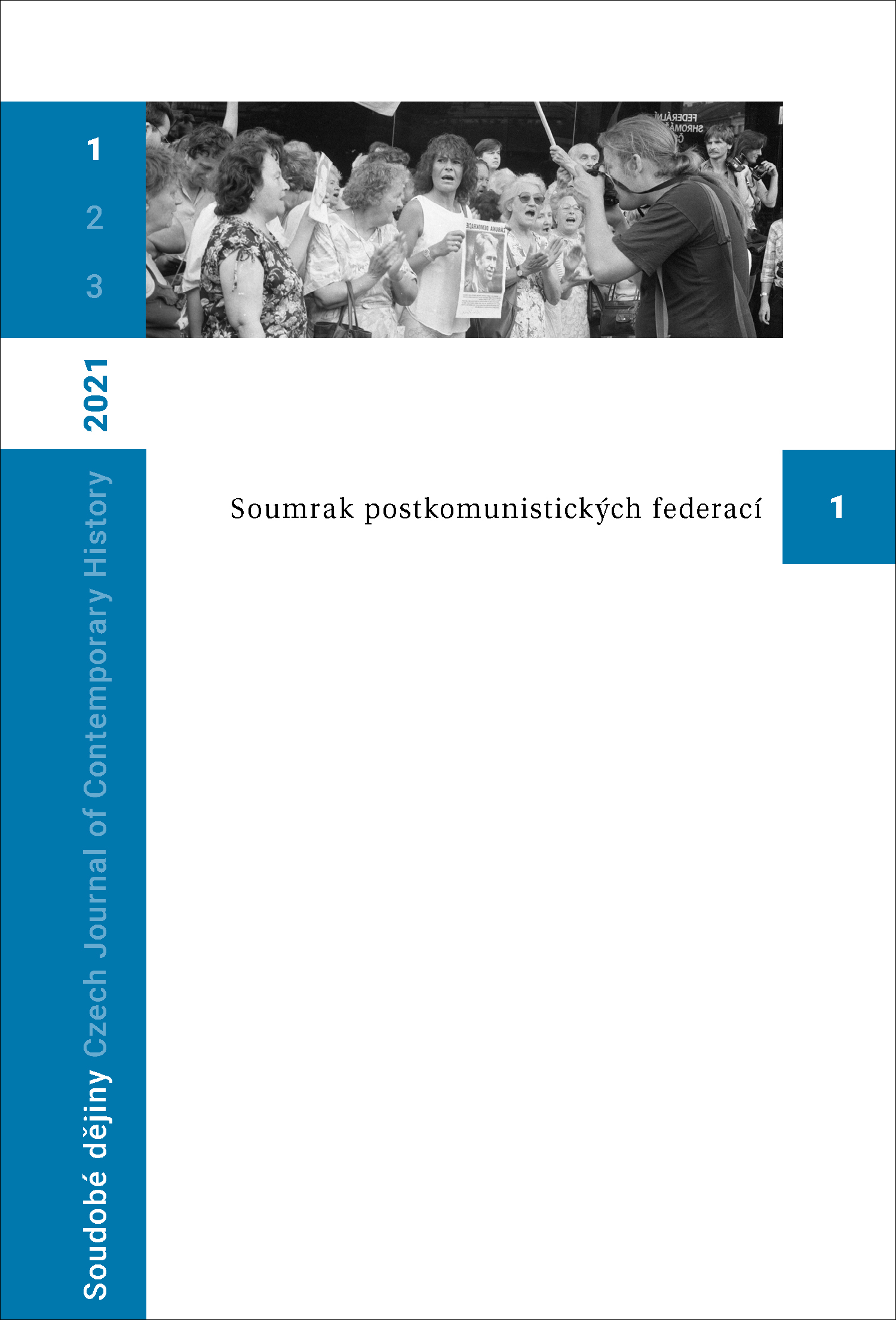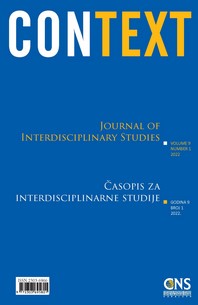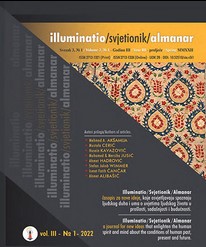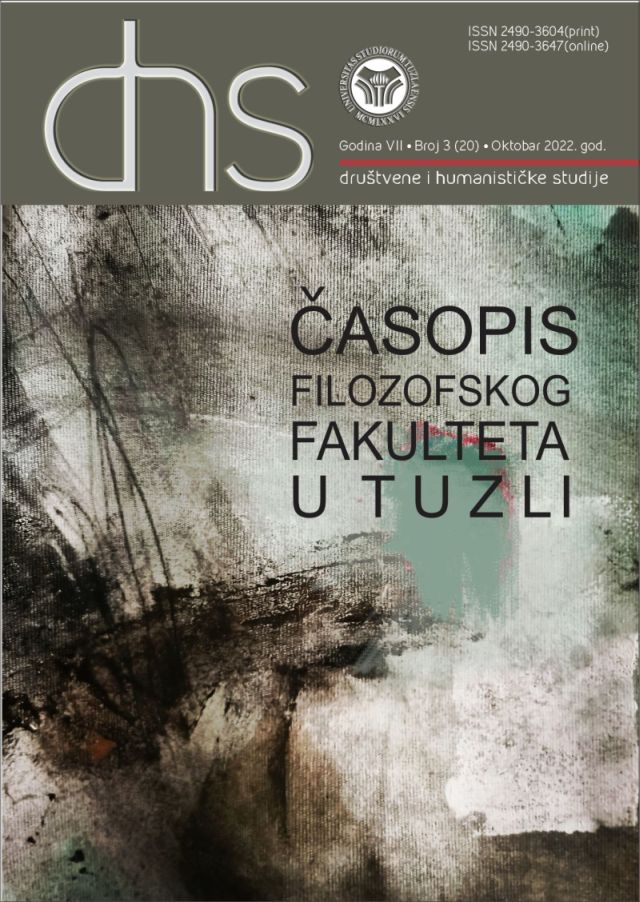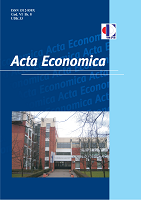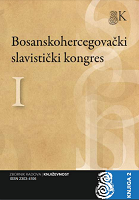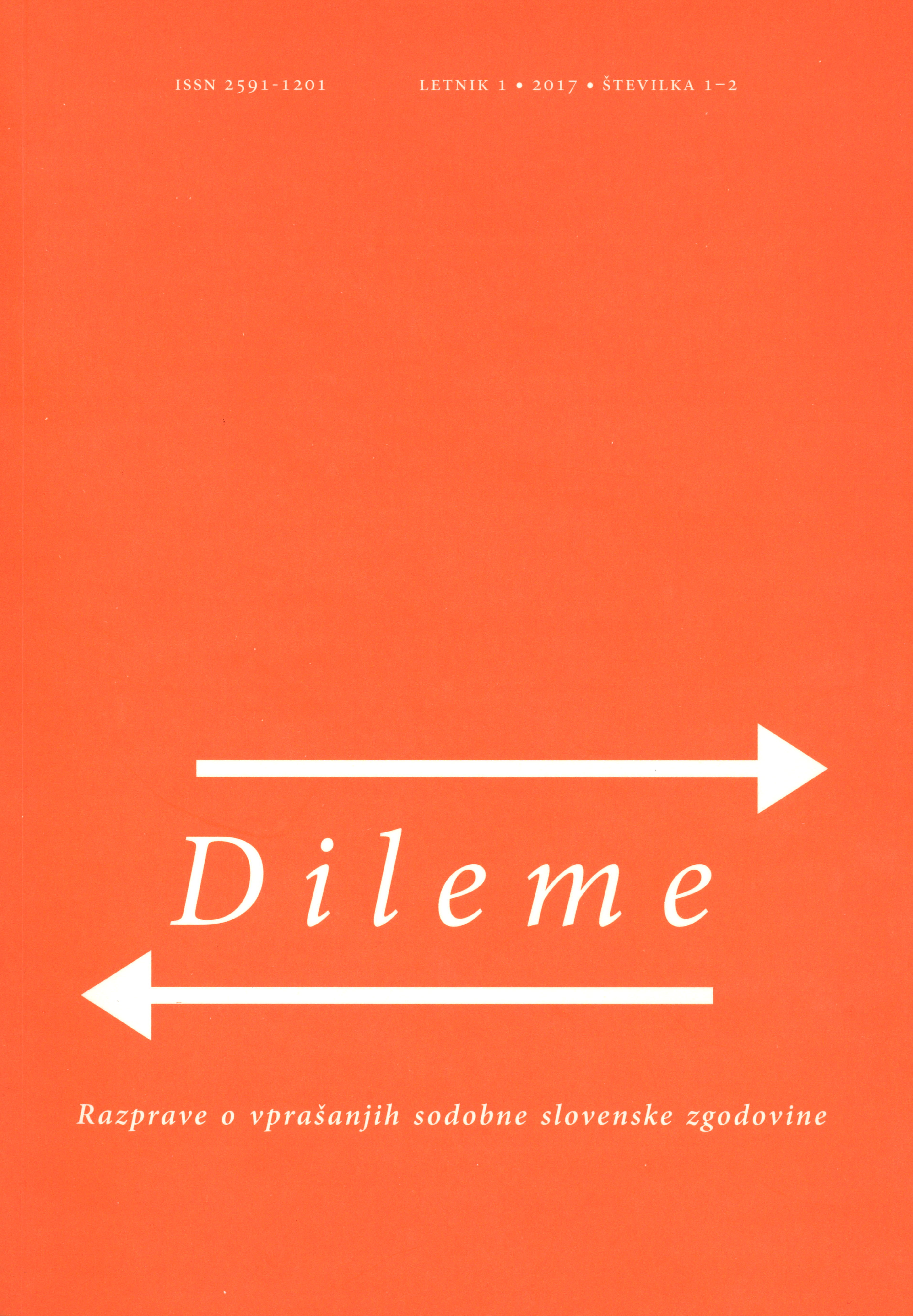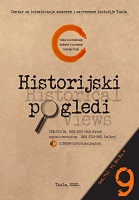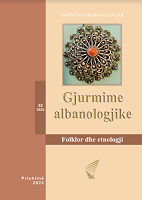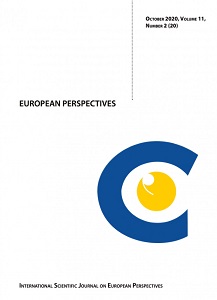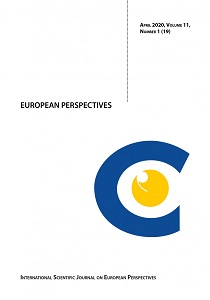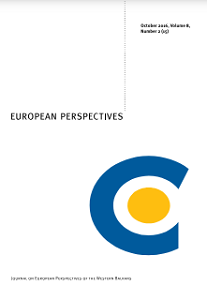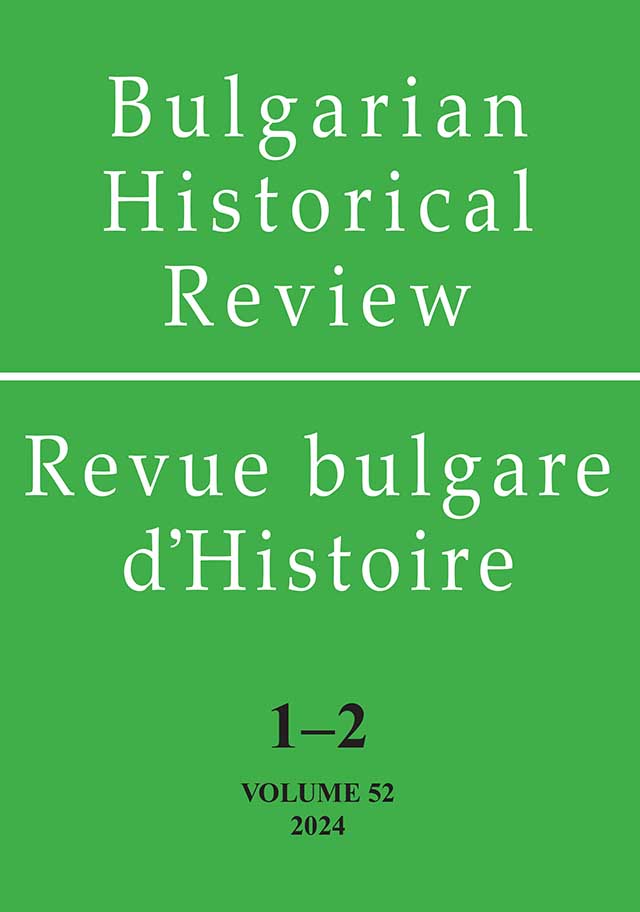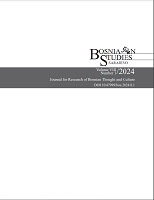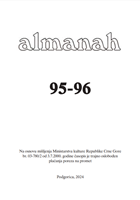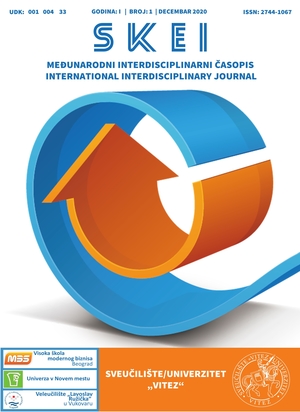Author(s): Sabina Subašić-Galijatović / Language(s): Bosnian
Issue: 9/2023
The fight against impunity for war crimes is one of the basic principles of international law. The criminal prosecution of the perpetrators of these crimes stems from international obligations that states have for the purpose of establishing facts and truth as the basis for establishing the rule of law. The right to the truth as a basic guarantee against repetition, the obligation to prosecute serious crimes under international law and the right to a fair trial, the right to effective legal remedies and reparations, and the obligation to remember and memorialize, are obligations prescribed to states by numerous international legal instruments. A fundamental contribution to the fight against impunity for crimes committed on the territory of the former Yugoslavia in the armed conflicts of the nineties of the twentieth century was made by the International Ad Hoc Criminal Tribunal for the former Yugoslavia. His legal legacy is significant both in the field of determining responsibility for crimes and in the development of international law. With the strategy for ending the work of the International Criminal Tribunal for the former Yugoslavia, the obligation to process war crimes was placed under the jurisdiction of the national courts of the countries in the region. The judicial authorities in the region, with the support of the International Residual Mechanism for Criminal Courts, the successor of the International Criminal Tribunals for the former Yugoslavia and Rwanda, took on the responsibility of prosecuting war crimes committed during the armed conflicts of the 1990s in the territory of the former Yugoslavia, and for this purpose specialized departments were established courts and prosecutor's offices for processing war crimes. However, numerous suspects of high or middle military and civilian chain of command who participated in crimes, most of which were committed on the territory of Bosnia and Herzegovina, and for which their superiors were convicted before the Hague Tribunal, have not yet been prosecuted, that is, the sentences have been carried out. The national courts in the region, which have the obligation to ensure the implementation of the international principle of the fight against impunity and to continue the work of the international judiciary, have proven to be ineffective in that area, if not in the service of realpolitik. Numerous high-ranking war crime suspects avoid criminal responsibility by fleeing to neighboring countries where they have or have acquired dual citizenship. By abusing the institution of extradition, impunity has been granted to those suspected of serious violations of international law. In addition, by unfoundedly applying the institute of universal jurisdiction in the prosecution of war crimes, national courts not only ignore the jurisprudence of international courts, but also contribute to the revisionism of established facts. The lack of regional cooperation in the prosecution of war crimes, despite numerous agreements signed for this purpose, the non-recognition of judgments of the courts of neighboring states in the region, are problems that continue to prevent the acceptance of facts and truth as the basis of a guarantee of non-repetition. Moreover, the facts established in the judgments before the international judiciary are the subject of institutional denial and revisionism in the territories of the states of the former Yugoslavia that participated in armed conflicts in the 90s. Negationism and revisionism, deeply institutionally rooted in the post-war societies of the former Yugoslavia, their toleration and approval, as well as the ineffective work of the national judiciary, led to the phenomenon of glorification of crimes and war criminals in the region. Through the reports of relevant international and national institutions and examples from court practice, this work aims to point out the obligations and key shortcomings in the work of national courts in the region of the former Yugoslavia and the problems of regional cooperation in the prosecution of war crimes.
More...
